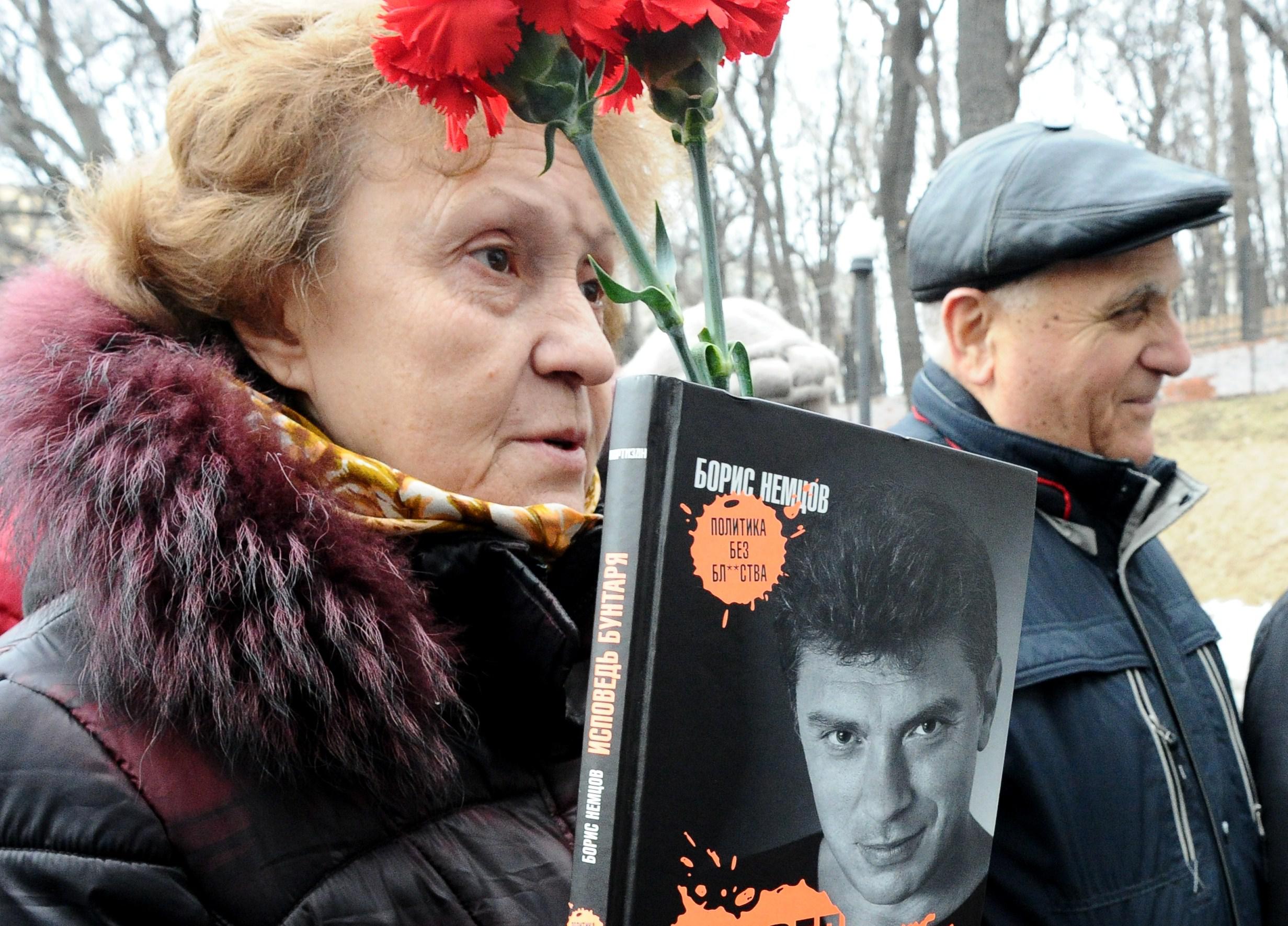In Vladimir Putin’s Russia, government critics have been jailed on transparently trumped-up charges, independent media outlets have been shut down, NGOs have been subjected to intrusive investigations, and opposition candidates have been blocked from access to the media and the ballot. But Putin’s Russia is also a place where opposition rallies regularly take place and government critics willingly give on-the-record quotes to the media. You can usually get away with talking or writing about democracy and human rights in Russia, though getting anyone to hear or read it is a bit tougher.
But Boris Nemtsov, who was gunned down last week in Moscow, wasn’t just a critic or an opposition leader. He was a whistleblower. If Nemtsov had only spoken out or organized against Putin, it’s possible he might still be alive today, facing a 10-day jail sentence for resisting arrest during a 2012 protest. But he had published reports on Putin’s personal wealth and on corruption in the preparations for the Sochi Olympics. Shortly before his death, he was, according to several sources, preparing to release a report on Russia’s involvement in the war in Ukraine.
The purported reasons for Nemtsov’s murder are all speculation. We don’t know who the perpetrators were, and there’s a good chance we never will. But this isn’t the first mysterious killing in Russia to fit this pattern. Many opponents of Putin’s government have been harassed, subjected to smear campaigns, or even jailed, but those who turn up dead tend to have revealed or were threatening to reveal embarrassing or incriminating information about those in power.
Many have been investigative journalists, including Forbes Russia editor Paul Klebnikov and Anna Politkovskaya, who had reported extensively on Russia’s brutal and often hidden war in Chechnya before she was shot dead in the elevator of her apartment building. Alexander Litvinenko, a former officer in the FSB (the successor to the KGB), had written a book blaming his former agency for a number of crimes and was reportedly investigating Politkovskaya’s death before he was poisoned with polonium in Britain in 2006. The lawyer Sergei Magnitsky died in prison in 2009—human rights groups say he was beaten and had been denied medical care—after conducting an investigation that implicated senior officials in large-scale tax fraud.
The killing of well-known politicians has actually been less common under Putin than during the 1990s, but there have been a few cases. The member of parliament and co-chairman of the Russian Liberal Party, Sergei Yushenkov, was gunned down outside his apartment in 2003. He had been the chairman of a commission investigating reports that the FSB was behind a series of mysterious apartment bombings in 1999 that had been blamed by the authorities on Chechen extremists and precipitated Russia’s second war in Chechnya as well as Putin’s rise to power.
One exception to the rule is the populist firebrand Alexei Navalny, who first gained a following as a blogger publishing dirt on powerful business and political figures before eclipsing Nemtsov as the country’s best-known opposition leader. For now, the government seems to be trying to keep Navalny under control by sentencing him to a series of short jail terms and holding his brother hostage, but it’s probably not a coincidence that a protest leader with a sideline as a muckraker is the opposition figure the government seems most flummoxed by.
The Russian government likely doesn’t feel too endangered by protests of opposition candidates. Putin remains overwhelmingly popular, and the political opposition is divided and often ineffectual. Still, Putin’s regime thrives on media control and message management. When someone like Nemtsov circumvents that control and starts airing incriminating information, that’s when he finds himself in the greatest danger.
